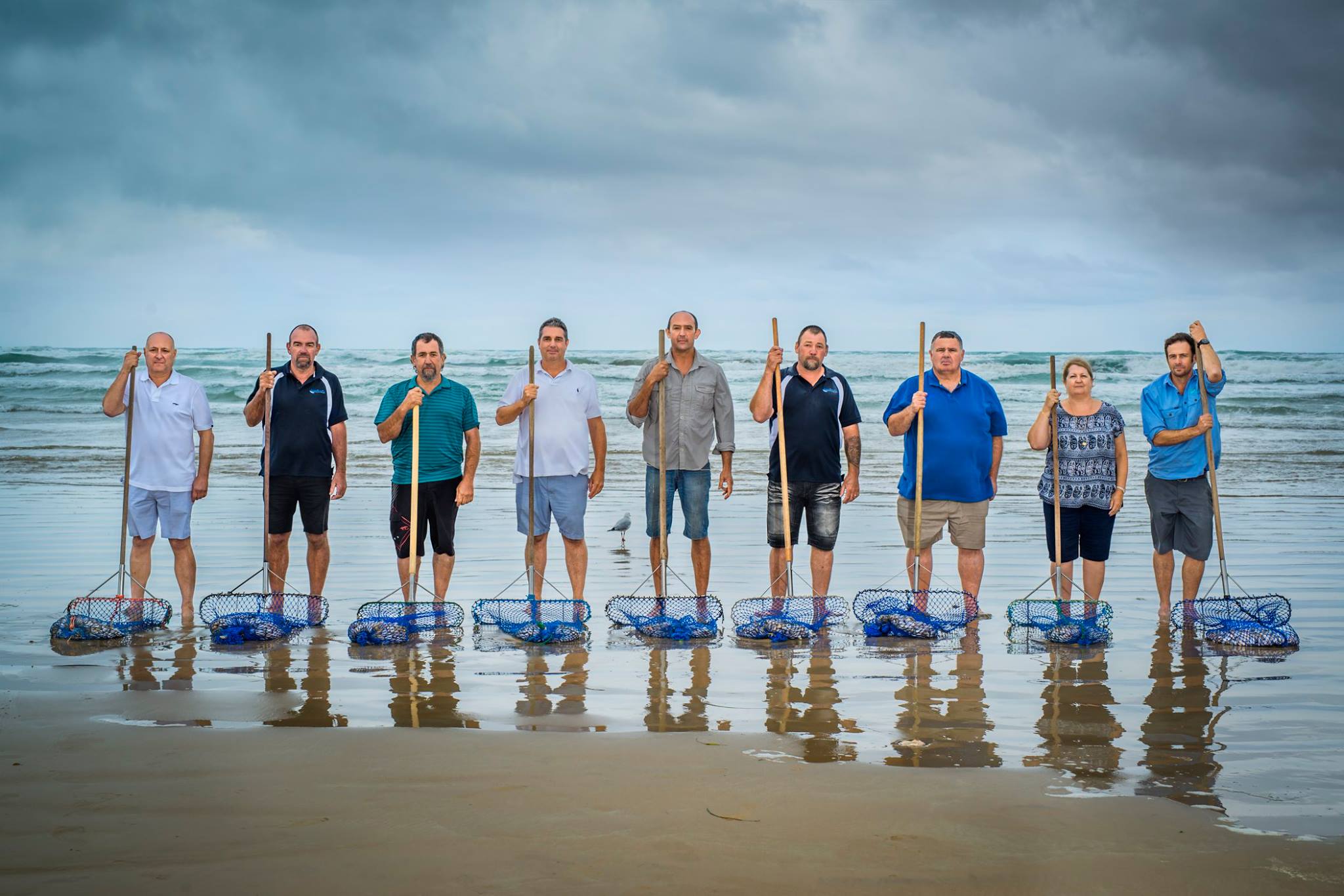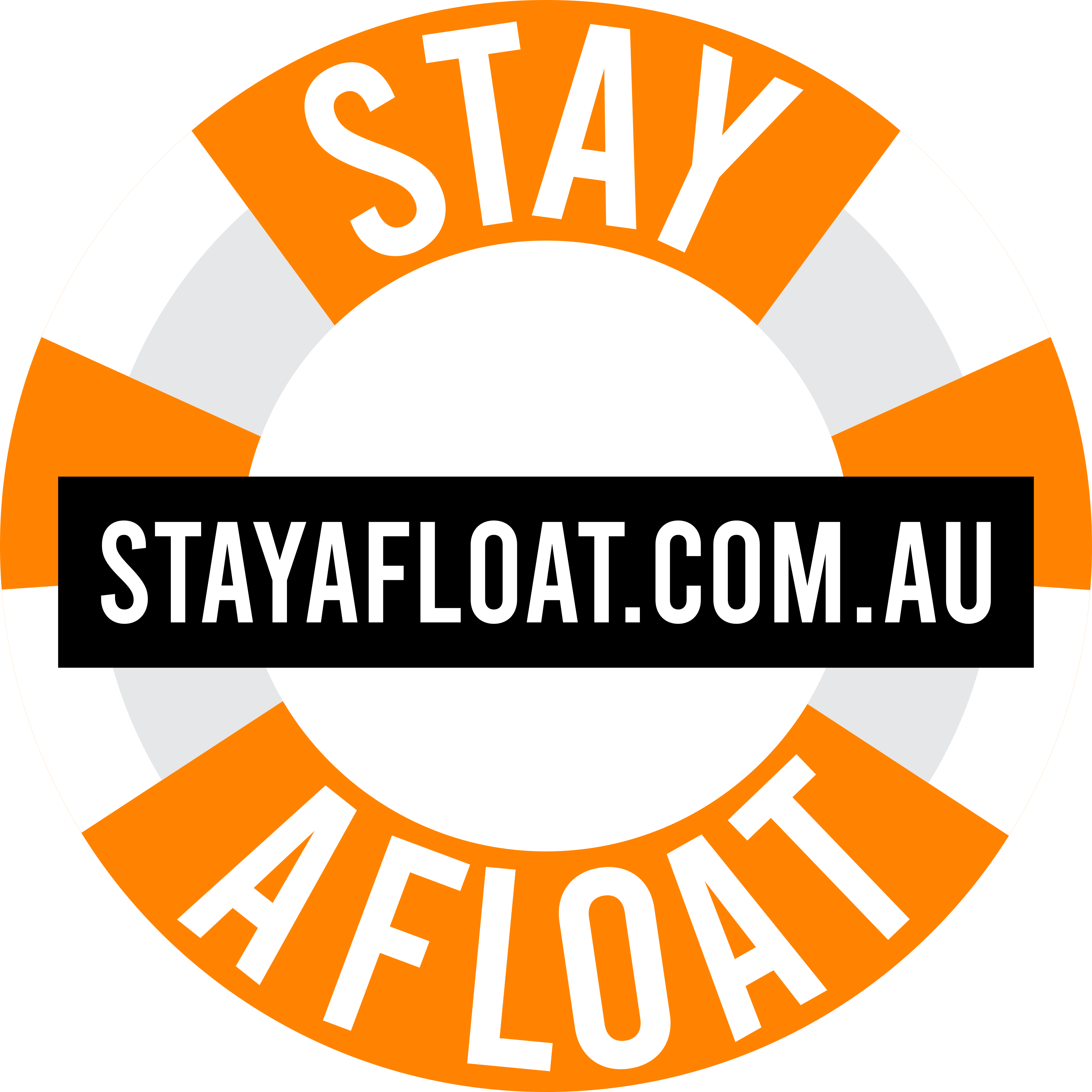

Stay Afloat is for our whole community – family and friends included!
As part of the Stay Afloat Australia mental health pilot program we want to give our industry workers and their families and friends the tools to support each other. We know that what goes on at work can affect life at home and life outside of work can affect us at work too. Let’s all work together to keep learning how to look after ourselves and each other!
The Stay Afloat team work with Primary Health networks across Australia and in each focus community we aim to develop shareable knowledge on the various local supports. To find out more about the Primary Health Network (PHN) in your region, click here to go to the PHN website
The links below will lead you to a range of websites that help people from a wide range of backgrounds:
If there is immediate danger please call 000 or visit your nearest hospital emergency department.
www.beyondblue.com.au – Arguably Australia’s biggest Mental health charity and support portal. Includes the Beyond Blue 24/7 help line
www.Lifeline.com.au – a national charity providing all Australians experiencing emotional distress with access to 24 hour crisis support and suicide prevention services. You call call 24/7 13 11 14 or text – 0477 13 11 14. You can also chat online via their website.
www.13yarn.org.au – 13YARN is an Aboriginal & Torres Strait Islander crisis support line funded by the Australian Government with the support of Lifeline and developed in collaboration with Gayaa Dhuwi (Proud Spirit) Australia. It is run by Aboriginal and Torres Strait Islander people.
Suicide call back service – 1800 659 467 – free professional 24/7 online counselling support to people at risk of suicide, concerned about someone at risk, bereaved by suicide and people experiencing emotional or mental health issues. Also has a useful website – www.suicidecallbackservice.org.au
www.kidshelpline.com.au – for young people aged 13 – 17 and young adults – 8 – 25. Kids helpline has a wide range of online resources as well as a 24/7 help line – 1800 55 18 00
www.blackdoginstitute.com.au – One of Australia’s largest sites for information and tools for mental health.
www.sane.org – support for people and their families with complex mental health needs. Their helpline is open 10am – 8pm Monday to Friday and is staffed by qualified Mental Health professionals – Phone: 1800 187 263
www.reachout.com – got a young person in your world? Stay Afloat is not designed for people under 18, but young people can be connected to organisations such as Reach Out who exist to help young people – and have the expertise to back it.
www.headspace.org.au – a large provider of support young people with mental health, physical health (including sexual health), alcohol and other drug services, as well as work and study support.
www.relationships.org.au – Relationships Australia is a leading provider of relationship support services for individuals, families and communities. Phone: 1300 364 277
www.qlife.org.au – QLife provides Australia-wide anonymous, LGBTI peer support and referral for people wanting to talk about a range of issues including sexuality, identity, gender, bodies, feelings or relationships. Phone: 1800 184 527
The resources on this page have been provided by Mental Health Australia (as at September 2023) – Australia’s independent peak body representing mental health stakeholders and issues in Australia. More resources can be found on their website – www.mhaustralia.org
www.headtohealth.gov.au – Head to Health can help you find digital mental health services from some of Australia’s most trusted mental health organisations. Provided by the Australian Department of Health, Head to Health brings together apps, online programs, online forums, and phone services, as well as a range of digital information resources.
What to do if someone you know is suicidal
- If someone’s life is in immediate danger please call 000 immediately or visit your nearest hospital emergency department.
- Suicide prevention starts with recognising the warning signs. Though these may vary between people, here are some of the more common warning signs when it comes to suicide:
- Social isolation or feeling alone
- Aggression or irritability
- Possessing lethal means
- Feeling like a burden to others
- Dramatic changes in mood and behaviour
- Frequently talking about death
- A history of suicidal behaviour
- Engaging in ‘risky’ behaviours
- Feeling like you don’t belong
- Giving things away
- Alcohol and drug abuse
- Feeling trapped
- Feeling worthless
- A sense of hopelessness or no hope for the future
- If you notice warning signs in someone you care about, it’s important to start the conversation. Talking to someone about whether they’re having suicidal thoughts can be hard. However, know that you’re not putting the idea of suicide into their head. Rather, you are reminding them that they are not alone and that there are supports out there to help them.
- So how do you start the conversation? The best way is to be honest with them about what you’ve noticed and how you feel: “You haven’t seemed yourself lately and I’m worried about you.”
- Follow this up with assuring them that you are there for them: “I want to help you and I’m here for you if you want to talk.”
- It’s not an easy conversation, but it also might be one of the most important ones you ever have.
Encourage that person to contact one of the crisis lines on this website. Suicide Call Back service also supports friends and family, so you can also call them for advice.
If there is immediate danger call 000 or visit your nearest hospital emergency department.
How to support a colleague with depression
Learn what to say and how to be supportive when a workmate is going through a hard time.
Starting a conversation
- Have you noticed a workmate behaving differently? Do they not seem their usual self? If you’re concerned about someone, approach them and start a conversation. You’ll find some tips on things to say to start a conversation here
- We know it’s important to understand their situation and encourage them to seek support. You can learn a little more about what it’s like to be a fisher in our focus communities here:
Accidental counselling – when someone confides in you
- If someone you know is going through a tough time, they might tell you about it when you feel least prepared to help them.
- It’s important to remember that you don’t need to be an expert to support someone. You also don’t have to help them address all their challenges during a single, unexpected conversation.
- Consider the situation from their shoes – the number one reason they’re seeking you out is because they trust you. Perhaps they need your help to talk to someone they don’t know like a counsellor or a GP.
- Click here to find out more
- Click the links below to find healthcare networks familiar with our industry in the focus communities:
